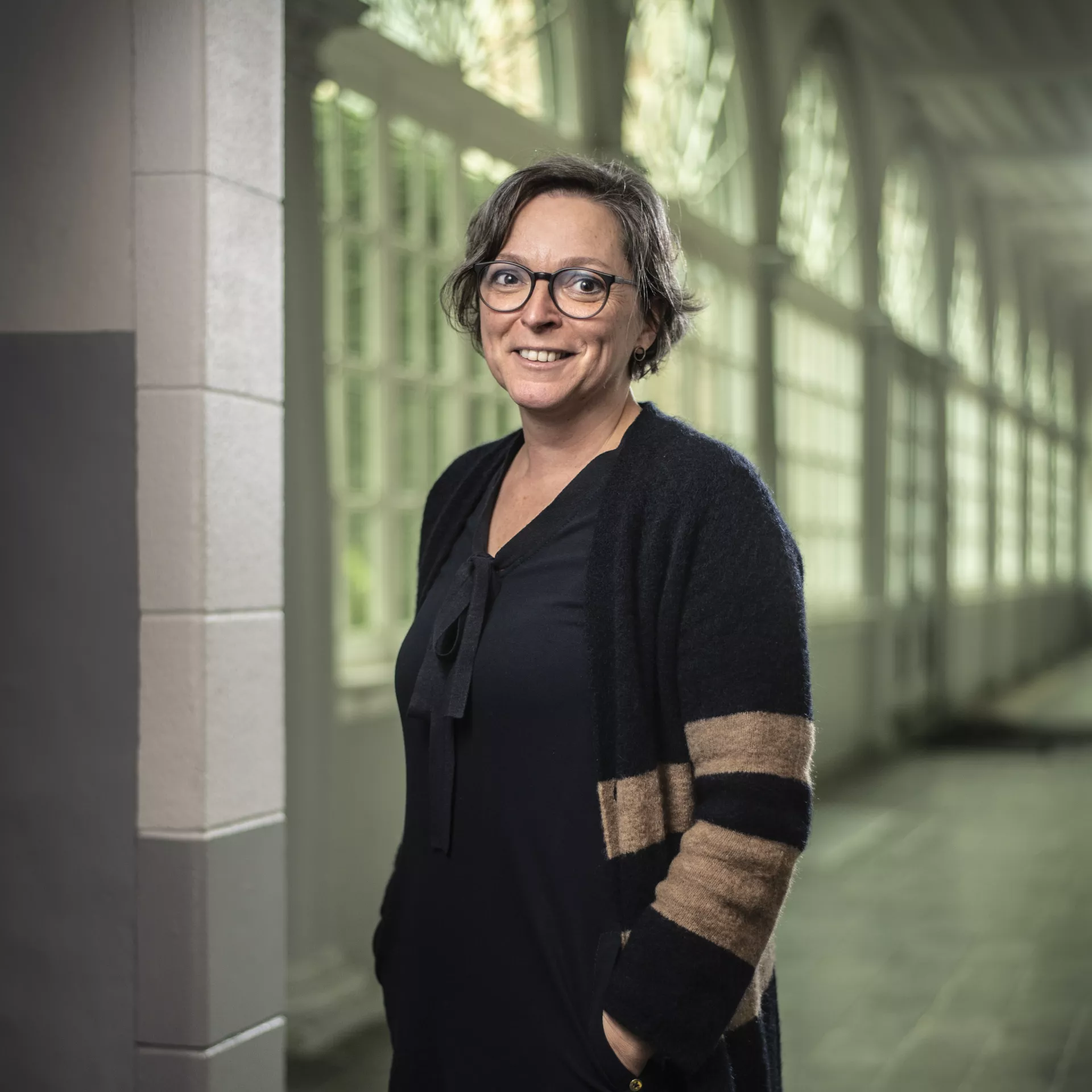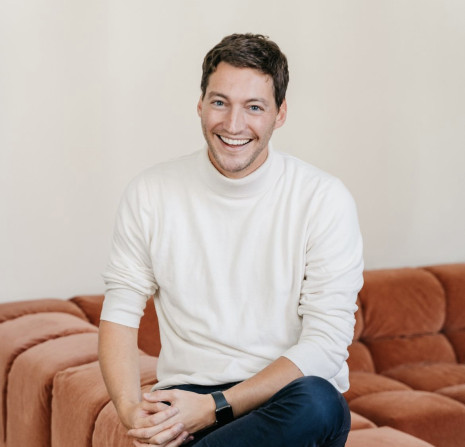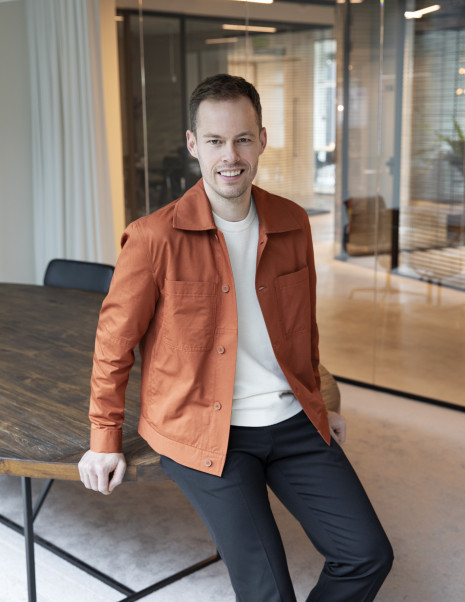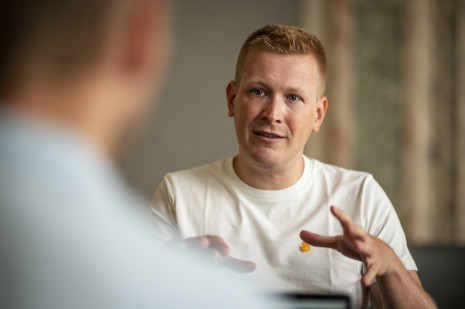Ann Peters
General Manager Institute of Tropical Medicine
The city is full of history, but it is more than an open-air museum. Quite the opposite, Antwerp, is alive and kicking.
© Marco Mertens

What does the Institute focus on?
"In our case everything starts with our expertise in the field of tropical medicine, despite the fact that in these times of globalization and climate change the word ‘tropical’, which occurs in the name of the Institute, does not really have a significant definition. We operate on a global scale. Our three departments - public health, clinical sciences and biomedical sciences - have a very crosswise way of working. Over the last few years malaria, HIV, monkey pox and Ebola have been important fields for research for us, in addition to Covid. On the basis of our research, we care for patients and undertake clinical reference tasks for the World Health Organisation. Of equal importance is our role in educating international professionals, who often go on to hold influential positions in the health care sector in their own countries."
Why is ITM located in Antwerp?
"The answer dates back more than 100 years when the ITM began receiving patients from the boats arriving here from Congo (now the Democratic Republic of Congo). A hospital located near the quays meant sick patients could be taken care of quickly. That history can be found in our building to this day. Our offices used to be hospital rooms. You can still see the serving hatches that were used to deliver meals to infected patients. I think it’s important to remember our illustrious past. It should be merged with new developments, within our way of working. I think that’s how a long-established city like Antwerp works. The city is full of history, but it is more than an open-air museum. Quite the opposite, Antwerp, is alive and kicking."
What is ITM’s role in the health-ecosystem in Antwerp?
"You cannot do research on your own. A researcher working alone with a microscope is a relic of the past. That’s why we have a close collaboration with numerous institutions. For example, we coach PhD students at the University of Antwerp and co-operate with a diverse range of universities and institutes all over Europe, Africa, Asia and Latin-America. We also work with companies on applied research, both nationally and internationally. Over my 25-year career I’ve learned that proximity provides added value in an eco-system. There are a lot of things you can do here in Antwerp. The city is not large, but the outcome of our work is great."
What is the role of the new clinical trial centre that you set up at ITM?
"In a co-financing arrangement with the Flemish government, we’ve been conducting clinical trials for a very long time now, working with both academic partners and with pharmaceutical industry stakeholders, such as Johnson & Johnson. In this new centre we test new vaccines and also trial medicine and treatments against infectious diseases before they are launched for a wider audience. We’re using science to improve global health in a way that confirms our position as an important player in clinical research."
What do internationals need to know when coming to Antwerp with their business?
"It can be quite challenging to know where to turn for approvals or permits. My advice is to get in touch with Antwerp’s well-established Invest Desk. FIT Flanders is also very helpful. I must add that even though the Belgian tax rate is high, business receives a great deal in return. Belgium has one of the best healthcare systems in the world and offers very high levels of education. We have international schools and of course Antwerp itself has much to offer culturally. Antwerp is an amazing city to live in and it’s much cheaper than other international cities."


